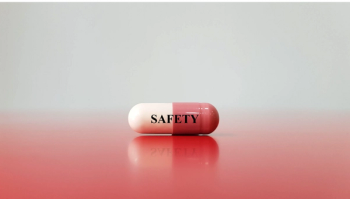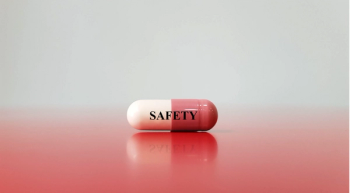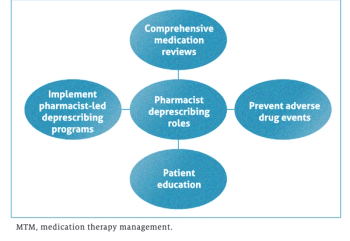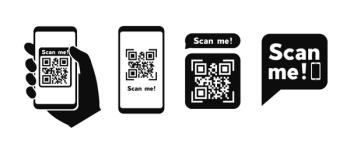
Pharmacy Management
Latest News
Latest Videos

CME Content
More News

Dapo Amosu, MS, PharmD, DPLA, discusses his thoughts on how to advance medication use processes in inpatient and ambulatory settings and the role of the pharmacist in this endeavor.

The TJC and IHI advocate for medication reconciliation at all transitions of care.

With pharmacies around the country shifting to provide more comprehensive care and becoming true health care destinations, Chichi Ilonzo Momah, PharmD, RPh said she is excited for the future of the field.

Incorporate Program Requirements Into Systems and Workflows.

AI is revolutionizing pharmacy practice by improving medication management, streamlining workflow, and enhancing patient safety and outcomes.

The seamless integration of artificial intelligence and machine learning has the potential to accelerate research and enhance efficiency in a new era of personalized medicine.

The opioid settlement framework could have a significant impact on the future of cannabis distribution and its role in health care.

Technology and regulations can revolutionize drug manufacturing and ensure a stable supply of medications.

The start date of the package-level electronic tracking system will shift from November 27, 2023 to November 27, 2024.

Stakeholders need to convene honest, actionable discussions about the challenges and the safeguards needed to address appropriate use of artificial intelligence in health care.

Pharmacists must carefully consider safety concerns and patient privacy.

Legislation would place emphasis back on patient health rather than on cumbersome, time-consuming paperwork.

A company’s choice of color for branding and logo design may impact how consumers feel about the brand and could influence buyer decision-making.

Many living in lower-income rural populations face significant unmet social needs that can bar access to important mental health services.

Inaccurate information, miscommunication during transition points can have dire consequences.

Mobile apps can help consumers acquire medications, but few help with adherence beyond automatic refills or medication synchronization.

Pharmacist-led discharge stewardship initiatives have shown promising results.

Community health worker training can allow the technician to perform to the top of their abilities and improve access to the pharmacy’s public health services.

Showing up for oneself is showing up for one's community and patients, according to a female independent pharmacy business owner.

Common assumptions about each generation are often incorrect, according to an expert in generational research.

Pharmacists play key roles in performing comprehensive patient reviews, reducing polypharmacy.

Guilty plea relates to shortcomings in recordkeeping of controlled substances 10 years earlier.

QR codes were invented almost 30 years ago and are used on everything from cereal boxes to repair manuals, yet pharmacy has yet to even consider them.

It’s time for pharmacies to take a page out of the books of hospitals and tech companies by expanding and streamlining their use of contingent labor.

Real-world metrics demonstrate that using health-system specialty pharmacies (HSSPs) means everyone wins: health systems, clinicians, and patients.
































